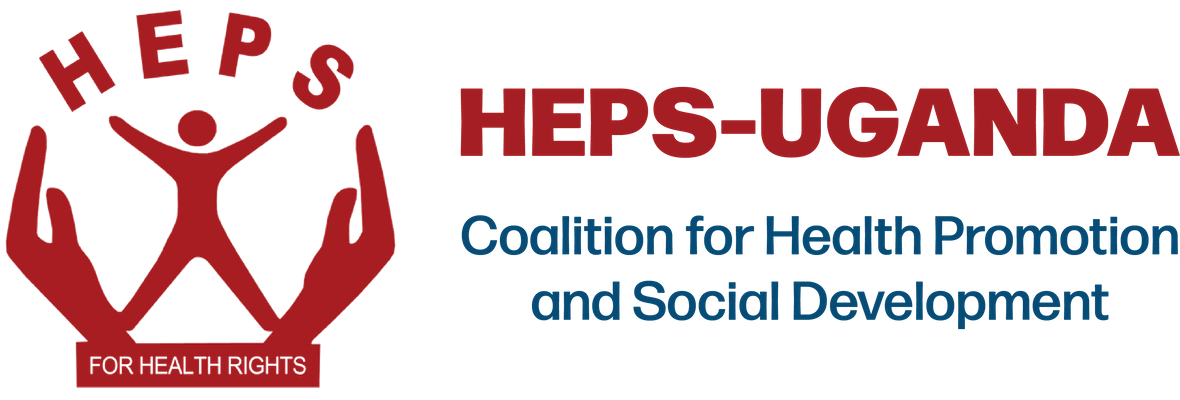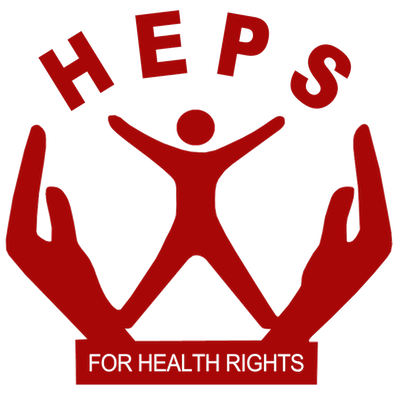The approval of injectable Lenacapavir (LEN) for HIV prevention is one of the most important developments in the three-decade response to the HIV pandemic. Developed by Gilead Sciences, LEN is a twice-yearly injectable option for HIV pre-exposure prophylaxis (PrEP) that showed nearly complete protection against HIV in trials conducted even in Uganda.
AVAC, our partners leading global advocacy for HIV prevention, have called it a “historic milestone” but cautioned that its enormous potential will only be realized if it is rolled out with speed, scale, and equity. Executive DirectorMitchell Warren stated: “The approval of LEN is a much-needed boost for HIV prevention, given the strength of the science and the simultaneous disruption in HIV programs globally”.
This FDA approval is one of the steps needed to ensure that injectable LEN is rolled out. LEN for PrEP is poised to reshape the HIV response, but only if FDA’s approval – and subsequent approvals from the World Health Organization (WHO) and the National Drug Authority (NDA) – are accompanied by a bold, strategic, effective, and equitable rollout that reaches the populations that need access.
WHO is expected to release updated PrEP guidelines for LEN in July, and regulatory agencies are simultaneously reviewing the product. But the current political context, including a shuttered USAID and further disruptions across global health, demands an urgent and courageous response. In January, the US Administration issued a stop-work order on all USAID-funded grants, nearly paralysing HIV treatment and prevention by PEPFAR, the primary funder of programs in HIV-burdened countries (and administered by USAID).
In February, PrEP was broadly excluded from a waiver that allowed HIV treatment to continue and allowed PrEP only for pregnant and breastfeeding women. These policies could not only undercut LEN’s promise but roll back years of progress in HIV prevention.
Under the circumstances, one of the challenges will be cost and the possible inability of people in low-income countries to afford it. To mitigate these fears, Gilead Sciences late last year licensed six companies to produce generic versions of the drug, loyalty-free, and the company promised to market the drug in low-income countries at production cost until generic manufacturers met demand in the 120 low-income, HIV high-burden countries.
However, this week, media reports in Uganda indicated injectable LEN could cost up to USD 28,218 (UGX 102 million) per person per year, which many victims in Uganda may not afford. The media further reported UNAIDS calling upon Gilead Sciences to reduce the drug price to make it accessible.
In a statement, AVAC projected that it will take new, revitalized, and committed partnerships to work together to sustain past progress and advance HIV prevention to deliver on HIV control. “Stakeholders each have vital work to do to complement the initial announcement and collaborate to significantly expand access to LEN for PrEP,” the statement said.
HEPS-Uganda@25 agrees with AVAC that after this approval, funders, ministries of health, implementers, and civil society partners need to collaboratively design a comprehensive introduction strategy, programmatic implementation, and sustainable funding to truly accelerate equitable and impactful introduction of LEN to break the sequential nature of traditional approaches to scaling up interventions. Stakeholders must move toward a parallel approach where research, implementation science, and programs at scale are designed, funded, and implemented simultaneously.





